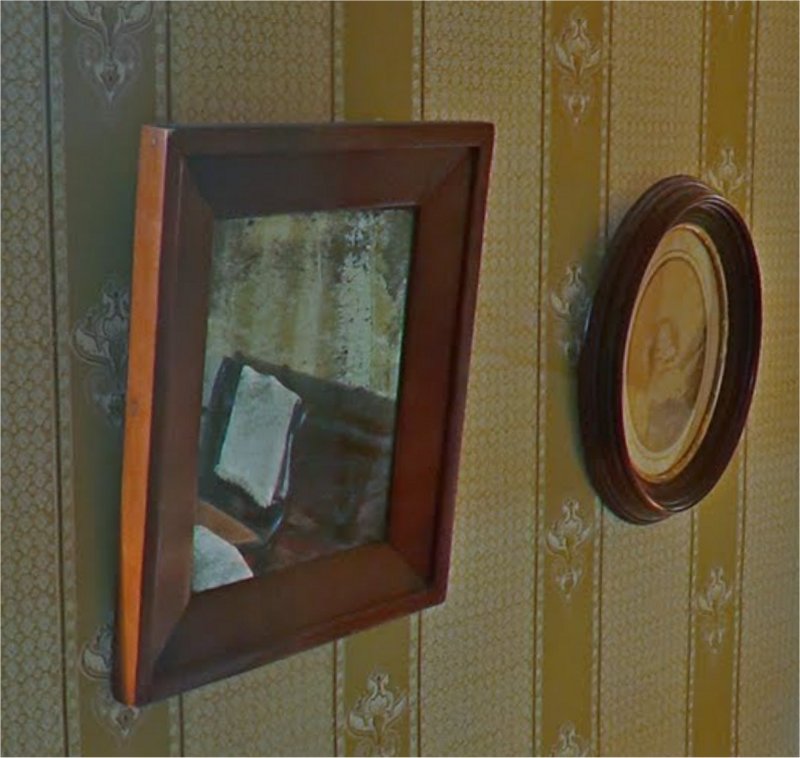![]()
The Charlotte News
Saturday, April 17, 1948
THREE EDITORIALS
![]()
![]()
![]()
On Wednesday, April 19, 1865, the funeral cortege moved the casket bearing the body of President Lincoln from its resting place on the elaborate catafalque in the East Room of the White House, where it had lain in State since the previous Monday night, and wherein the funeral ceremony was held on the 19th, to the Capitol, where it would again lie in State for two days within the Rotunda, providing the people a chance to view the late President before the beginning of the long two-week train ride back to Springfield, Illinois, a place he had not visited since coming to Washington to assume the Presidency in latter February, 1861. He would there be entombed on May 4.
Noah Brooks, a journalist who became a close acquaintance to the President in Springfield in 1856 and continued to see him intermittently during the White House years, recounted the President's fondness for the theater in one of several articles regarding his recollections of the President, published after the President's death. He told of his having attended at one point with the President a performance of Edwin Booth in The Merchant of Venice at Ford's Theater, sitting in the box immediately below the one in which the President sat on April 14, 1865. The President, remarking somewhat bemusedly of the "red-legged, pigeon-toed chaps" performing in the play who—perhaps remindful of the Dream play within the play—apparently thought they were not players therein, stated that he preferred to read the tragedies and attend only the comedies of Shakespeare, had preferred to stay home on this occasion and read of Venice were it not for the performance of Mr. Booth. He enjoyed, however, individual performances, as John McCullough portraying Edgar in King Lear, which he also had seen at Ford's with Mr. Brooks, thanked the actor personally after the play. What he thought of the actor portraying the steward to Goneril in that one was not reported by Mr. Brooks.
But the President had not appreciated one actor whose temerity exceeded his humility after they had struck up a casual correspondence following the President's expression of gratitude for an acting performance, the man, to the President's consternation, then seeking from him an appointment as consul to London.
The President told Mr. Brooks on the dreary, drizzly afternoon of April 14 that he would have preferred to skip the play that night, after General Grant, for whom the outing was planned, had to leave Washington for New Jersey, but that Mary had insisted that they go to Ford's so as not to disappoint the public who expected the attendance from the advance publicity appearing in the newspapers. The President told Mr. Brooks that he would have liked to include him in the party attending the play, but that Mary had already found a substitute for General Grant and his wife.
To his stunned horror, Mr. Brooks heard the news of the assassination attempt and mortal throes in which the President then lay, from his landlord the following morning at dawn. After gathering himself, he entered the streets to find throngs of tearful and occasionally angry mourners wandering aimlessly, until the death knell tolled at 7:30, announcing the President's passing.
Mr. Brooks, in an article appearing in Harper's Monthly of July, 1865, related of an incident, often recounted, regarding Mr. Lincoln at his home in Springfield, told to Mr. Brooks just after the President's re-election in 1864:
The President, with his usual good sense, saw nothing in all this but an optical illusion; though the flavor of superstition which hangs about every man's composition made him wish that he had never seen it. But there are people who will now believe that this odd coincidence was ''a warning."
The President liked music, among the songs which held his favor being "Auld Robin Gray"
![]()

![]()
![]()
![]()